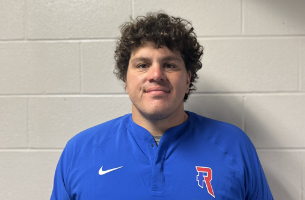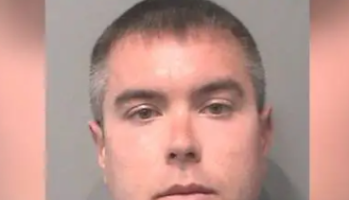(INDIANAPOLIS) — Republicans are all but certain to keep control of the Indiana House and Senate in the November election. The suspense on Election Night centers on the House supermajority.
Republicans have held a supermajority in the House for eight years and in the Senate for 10. The two- thirds majority means Democrats don’t have one of the few weapons available to the minority party: halting business by preventing a quorum. That ability could be even more crucial next year, when the House and Senate will redraw congressional and legislative districts for the next 10 years.
Both parties have used walkouts to force concessions on controversial issues, but prolonged Democratic walkouts in 2011 and 2012 prompted House Republicans to invoke and strengthen a century-old anti- bolting law, authorizing fines against legislators who refuse to come to the floor.
Democrats came within 218 votes two years ago of cracking the House supermajority, with Rep. Cindy Kirchhofer (R-Indianapolis) holding off a challenge from former Representative John F. Barnes. Indiana Democratic Chairman John Zody notes Democrats mirrored a national trend that year by gaining ground in Indy’s northern suburbs. While the party didn’t flip any seats there, Democrats built on those gains in last year’s city elections, picking up city council seats in Carmel and Fishers and the mayor’s office in Zionsville.
Zody says absentee ballot data in Hamilton County indicate an increase in Republican voters pulling
Democratic ballots in last month’s primary to vote for Aimee Rivera Cole, who lost to Speaker Todd Huston (R-Fishers) by eight percentage points in 2018 and has a rematch this year.
But while Democrats nearly won that 34th seat last election, Republicans lost three seats by fewer than 350 votes each and a fourth by just 727. Indiana Republican Chairman Kyle Hupfer is banking on a strong reelection campaign from Governor Eric Holcomb to pull some of those races across the finish line.
Two Republican legislators in northwest Indiana, Reps. Hal Slager (R-Schererville) and Julie Olthoff (R-Crown Point), each lost their reelection bids by fewer than 300 votes. Both have rematches this year with Reps. Chris Chyung (D-Dyer) and Lisa Beck (D-Hebron). And Republicans hope to flip the seat of Rep. Ross Deal (D-Mishawaka), who’s facing voters for the first time after winning a caucus in a district won by both Mitt Romney and Donald Trump.
Democrats hold little hope of winning control of the House outright — they’d have to flip at least 17 seats, a feat that would require winning seats where they failed to crack 40% two years ago. And the Senate is even more of a foregone conclusion. Republicans can’t gain ground in the Senate — the six Democratic seats on the ballot are uncontested. But for Democrats to win the majority, they’d have to win 15 of the 16 contested Republican seats, including at least three where they didn’t even field a candidate last election. Even to break the Republican supermajority, Democrats would need to gain seven seats — that would require wins in districts which went 70-30 Republican four years ago.












